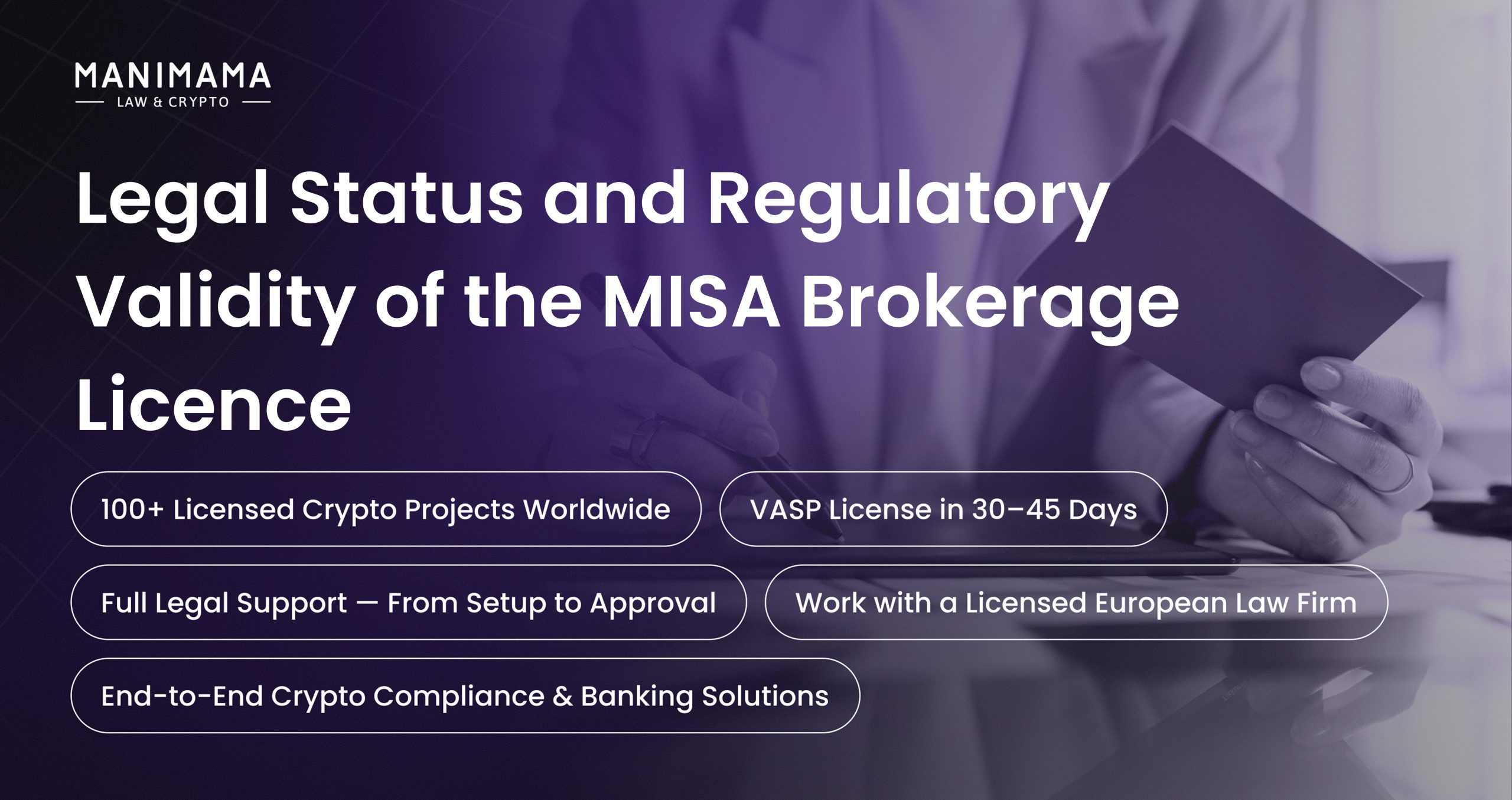The Financial Action Task Force (FATF) is a cornerstone in the fight against illicit financial flows. Established in 1989, FATF has been instrumental in shaping anti-money laundering (AML) and counter-terrorism financing (CTF) policies across more than 200 jurisdictions. Although its recommendations are not legally binding, their impact on national and international legislation is profound.
With rising concerns about terrorism, sanctions evasion, and the misuse of crypto assets, FATF's evolving standards ensure that both developed and developing countries remain equipped to tackle new financial threats.
The Financial Action Task Force (FATF) is a cornerstone in the fight against illicit financial flows. Established in 1989, FATF has been instrumental in shaping anti-money laundering (AML) and counter-terrorism financing (CTF) policies across more than 200 jurisdictions. Although its recommendations are not legally binding, their impact on national and international legislation is profound.
With rising concerns about terrorism, sanctions evasion, and the misuse of crypto assets, FATF’s evolving standards ensure that both developed and developing countries remain equipped to tackle new financial threats.
This article delves into how FATF drives global AML/CTF compliance, shapes crypto regulations, and influences international policy.
The Foundation and Goals of FATF
FATF is an intergovernmental body formed by the G7 in Paris to address the growing issue of money laundering linked to drug trafficking. Over time, its mandate expanded to include CTF post-9/11 and later, to combating the financing of weapons of mass destruction.
The organization comprises plenary sessions, expert working groups, and a rotating presidency. While headquartered in Paris, its influence is global. FATF works closely with organizations like the United Nations, the World Bank, and the International Monetary Fund, setting a gold standard for financial transparency.
Although FATF operates under “soft law,” countries often incorporate its AML/CTF policies into legally binding national legislation. Those failing to comply risk inclusion on the FATF “grey” or “black” lists, leading to economic sanctions or limited access to global financial markets.
The 40 Recommendations: A Global Compliance Blueprint
The FATF’s 40 Recommendations are the cornerstone for global AML/CTF efforts.
These guidelines cover:
- AML/CFT policies and coordination (Recommendations 1-2) – establishing national AML/CFT strategies and coordination mechanisms across stakeholders.
- Money laundering (ML) and confiscation (Recommendations 3-4) – defining ML as a criminal offense, providing for the confiscation of criminal proceeds, and establishing legal measures to deal with predicate offenses.
- Terrorist financing (TF) and proliferation (Recommendations 5-8) – criminalizing TF and proliferation, implementing targeted financial sanctions in line with UN Security Council Resolutions, and freezing assets.
- Preventive measures (Recommendations 9-23) – requiring financial institutions to conduct customer due diligence (CDD), maintain records, report suspicious transactions, implement additional measures to certain activities and customers (e.g., politically exposed persons, money or value transfer services, etc.), provide internal controls and compliance, etc.
- Transparency and beneficial ownership of legal persons and arrangements (Recommendations 24-25) – ensuring transparency regarding beneficial ownership of companies, trusts, and other legal entities.
- Powers and responsibilities of competent authorities (Recommendations 26–35) – establishing effective supervision, sanctions, and investigative powers for financial intelligence units, law enforcement, and other competent authorities.
- International cooperation (Recommendations 36–40) – facilitating mutual legal assistance, extradition, and other forms of international cooperation in AML/CFT matters.
While these are not enforceable laws, countries must adopt them or face severe consequences. FATF periodically updates these standards to adapt to evolving risks, particularly in the digital economy. For example, the inclusion of crypto regulation in 2019 marked a major milestone.
Governments are expected to pass legislation that criminalizes money laundering and terrorism financing, mandates KYC protocols, and creates national financial intelligence units. Many countries, like the U.S., have passed acts such as the USA PATRIOT Act and Corporate Transparency Act in direct response to FATF guidance.
FATF and the Crypto Sector
The rise of crypto has posed unique challenges to traditional AML/CTF frameworks. Recognizing this, FATF updated Recommendation 15 to include virtual asset service providers (VASPs) in its regulatory scope.
VASPs are now expected to:
- identify, assess, and understand the ML/TF risks related to virtual assets, and take appropriate measures to mitigate those risks based on a risk-based approach;
- to conduct CDD when establishing a business relationship, carrying out transactions above the designated threshold (typically USD/EUR 1,000), there is a suspicion of ML/TF, or they have doubts about the veracity of previously obtained customer identification data;
- maintain all necessary records on transactions and CDD information for at least five years;
- report suspicious transactions to the relevant FIU, regardless of the transaction amount;
- implement internal policies, procedures, and controls, including appointing a Compliance Officer, providing AML/CFT training to staff, and conducting independent audits;
- get license or registration and be supervised or monitored by a competent authority;
- collect and transmit required originator and beneficiary information during virtual asset transfers (Travel Rule);
- provide timely, accurate, and complete information in response to requests from foreign counterparts.
Countries that fail to regulate crypto under FATF guidance risk becoming safe havens for illicit activity. Conversely, those who comply can attract legitimate crypto businesses seeking regulatory certainty.
FATF continues to monitor the evolving digital asset ecosystem, working with member states and tech innovators to keep its AML/CTF policies current.
Mutual Evaluations and Country Assessments
FATF’s Mutual Evaluation Process is a cornerstone of accountability. Every 5–10 years, the FATF and its regional bodies conduct evaluations that assess both technical compliance and practical effectiveness.
These evaluations involve:
- on-site inspections;
- legislative reviews;
- interviews with financial authorities.
Results are published in detailed reports that highlight strengths, expose weaknesses, and offer recommendations. Countries failing to meet standards may be added to the “grey” or “black” list.
- Grey-listed countries face enhanced scrutiny.
- Black-listed countries face countermeasures, including restrictions on financial operations.
A recent example includes Turkey, which exited the grey list in 2024 after strengthening its AML/CTF framework and enhancing crypto regulations.
Influence on International Organizations
FATF collaborates with global institutions to extend the reach of its standards. The UN, EU, IMF, and World Bank all align their policies with FATF recommendations:
- UN Security Council: uses FATF frameworks to structure financial sanctions;
- World Bank & IMF: integrate FATF standards in financial assessments;
- EU: aligns its AML Directives with FATF recommendations.
This alignment creates a unified global approach to AML/CTF policies, making FATF a de facto lawmaker in international finance.
National Adaptations: USA and France
USA:
- enacted the Bank Secrecy Act and Corporate Transparency Act;
- mandates reporting of beneficial ownership to FinCEN;
- implements FATF-aligned crypto monitoring under the Travel Rule.
France:
- aligns national laws with the EU’s AML directives;
- operates TRACFIN, a financial intelligence unit;
- enforces FATF rules on VASPs and beneficial ownership transparency.
Both countries demonstrate how FATF shapes domestic legislation, influencing everything from banking to crypto.
Criticism and Challenges
Despite its successes, FATF faces criticisms:
- geopolitical bias: critics argue that smaller nations face disproportionate scrutiny;
- lack of transparency: the listing process is often seen as opaque;
- over-compliance: fear of penalties may result in banks limiting services to low-risk users, affecting financial inclusion.
FATF is aware of these concerns. In 2025, it revised Recommendation 1 to promote inclusive AML/CTF strategies, especially for underbanked regions.
The Future of FATF: Adapting to New Threats
FATF’s future lies in innovation and responsiveness:
- ongoing updates to address DeFi, NFTs, and blockchain misuse;
- partnerships with tech companies to tackle fraud and ransomware;
- enhanced monitoring of financial flows supporting war efforts;
- exploring tech tools to improve risk assessments.
New reforms aim to fine-tune the listing mechanism and improve cooperation with private-sector stakeholders. FATF’s presidency under Eliza de Anda Madrazo emphasizes combating complex threats like arms trafficking and synthetic drug finance.
Conclusion: A Pillar of Financial Security
FATF has proven to be more than a policy-maker — it’s a guardian of global financial integrity. By continuously updating its AML/CTF policies and engaging with emerging technologies like crypto, FATF ensures that the international financial system remains transparent, secure, and inclusive.
From national laws in the USA and France to collaborative frameworks with the UN and IMF, FATF’s reach is extensive. For any jurisdiction seeking credibility in the modern financial world, adherence to FATF’s standards is not just advisable — it’s essential.
Our Contacts
If you want to become our client or partner, feel free to contact us at support@manimama.eu.
Or use our telegram @ManimamaBot and we will respond to your inquiry.
We also invite you to visit our website: https://manimama.eu/.
Join our Telegram to receive news in a convenient way: Manimama Legal Channel.
Manimama Law Firm provides a gateway for the companies operating as the virtual asset wallet and exchange providers allowing to enter to the markets legally. We are ready to offer an appropriate support in obtaining a license with lower founding and operating costs. We offer KYC/AML launch, support in risk assessment, legal services, legal opinions, advice on general data protection provisions, contracts and all necessary legal and business tools to start business of virtual asset service provider.
The content of this article is intended to provide a general guide to the subject matter, not to be considered as a legal consultation.











